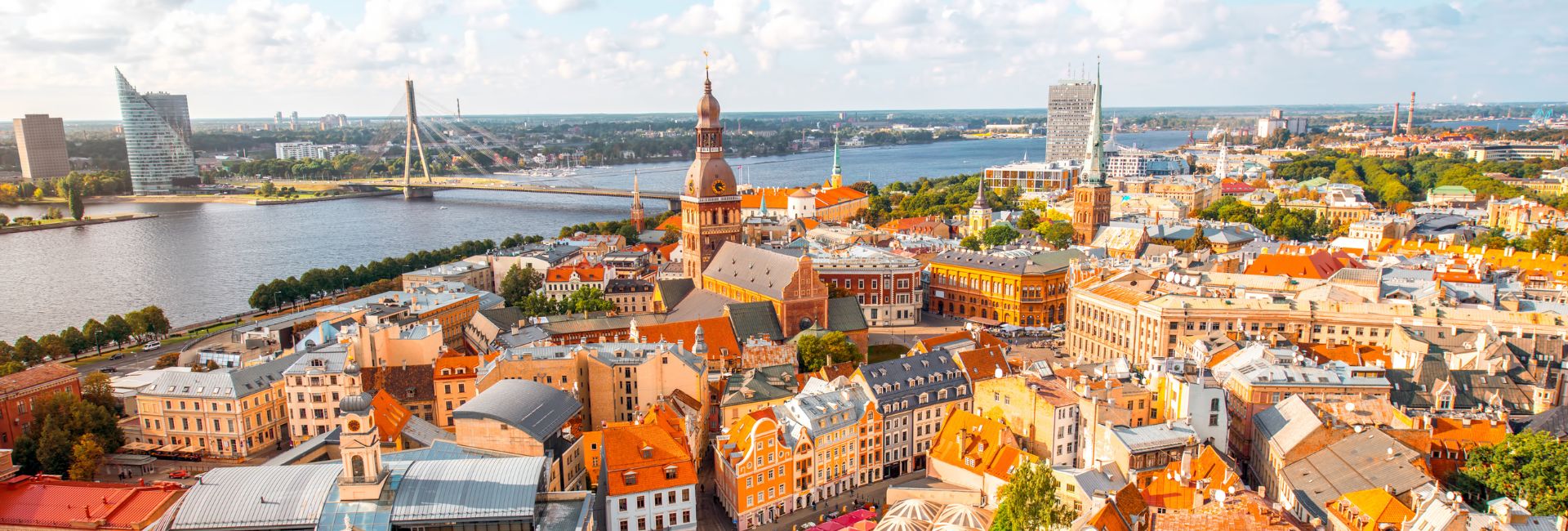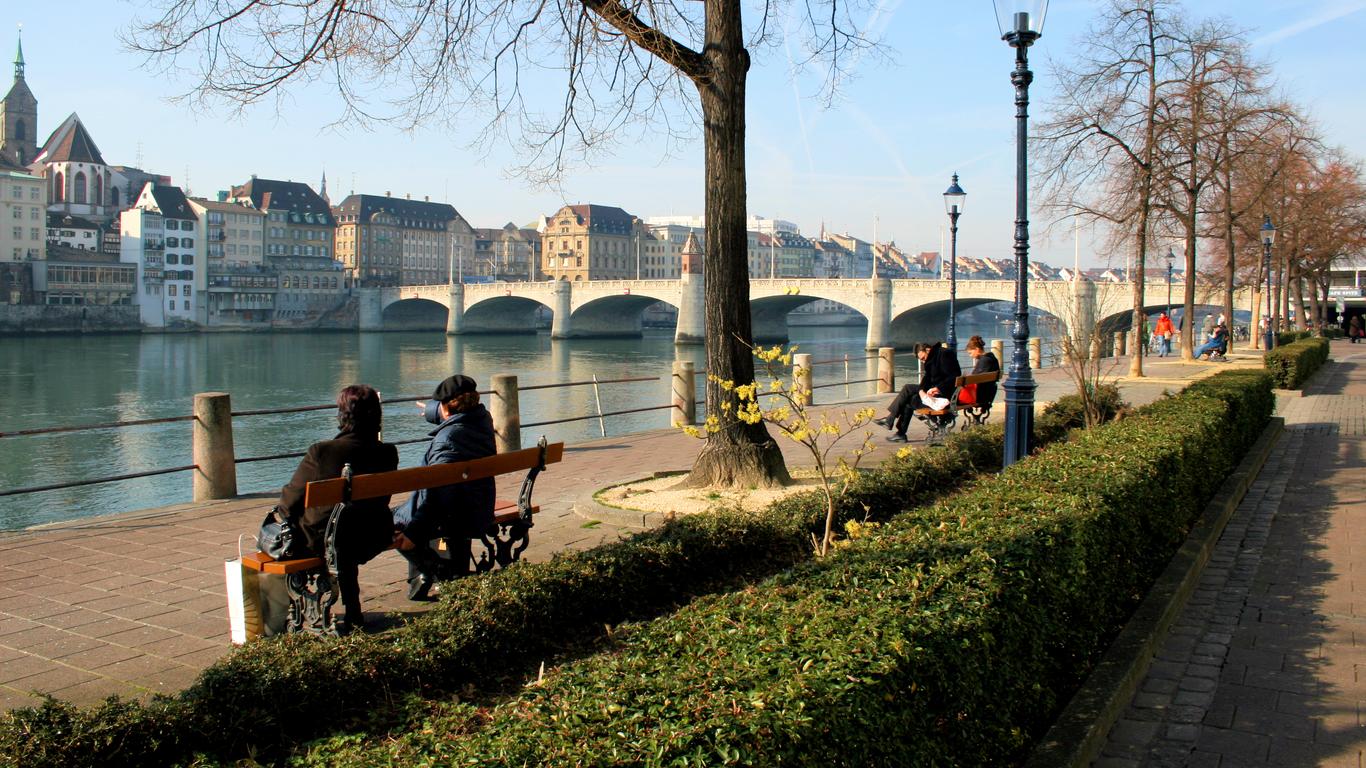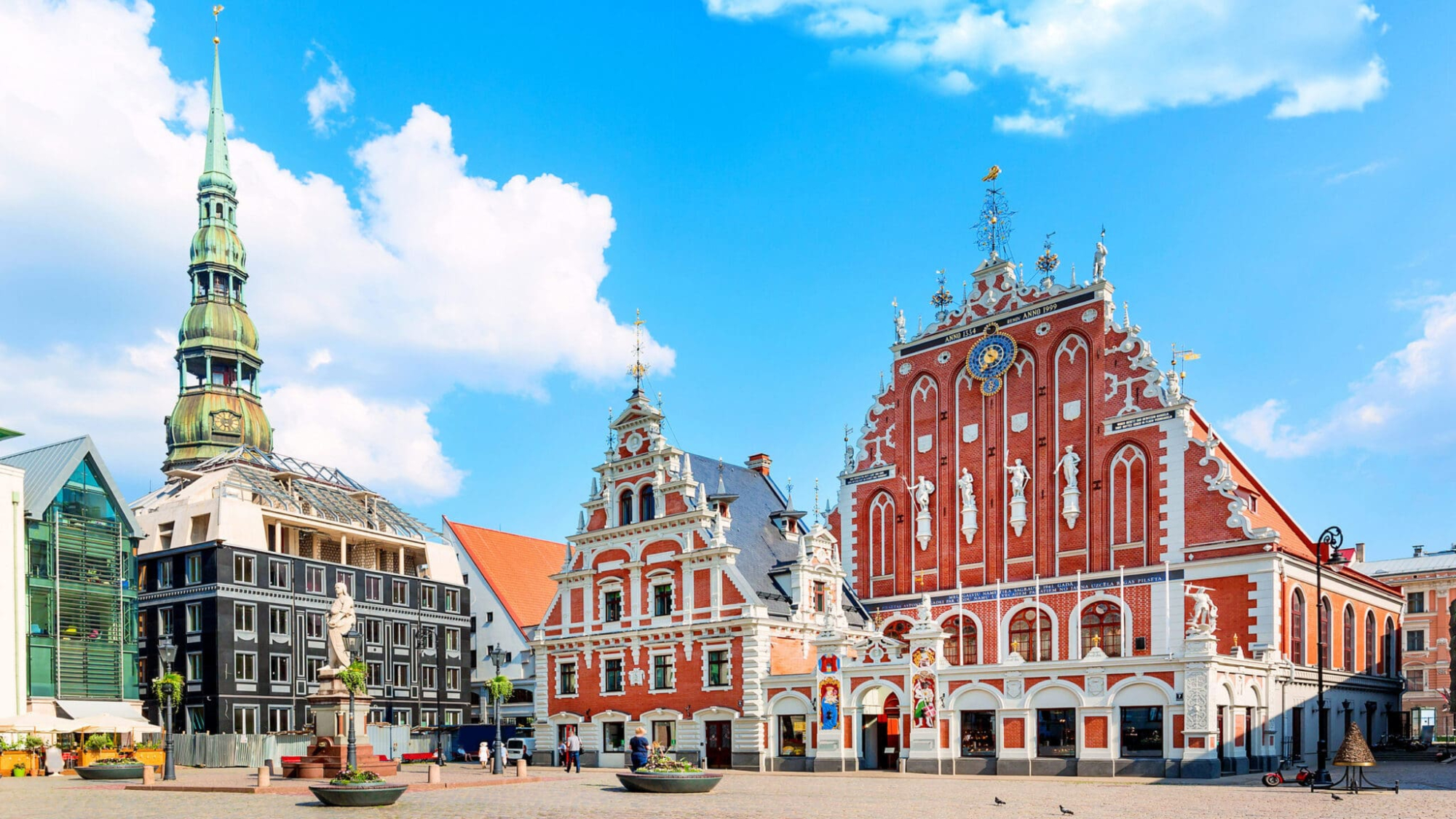
Riga
Riga, the capital of Latvia, boasts a rich history and vibrant present, making it a prime location for conferences and events. Officially founded by German Bishop Albert in 1201, Riga has evolved significantly over the centuries. It joined the Hanseatic League in 1282 and became notable for its Christmas tree in 1510, a tradition that started there. The city experienced Swedish rule from 1629 to 1710, followed by Russian control, during which German influence remained strong until Latvia’s independence was declared.
In the early 20th century, Riga's economic and architectural boom established it as one of the leading Art Nouveau cities in the world. With a British mayor, George Armitstead, from 1901 to 1912, Riga flourished as one of the most prosperous cities in the Russian Empire. However, Latvia faced Soviet and Nazi German occupations from 1940 to 1991 before regaining its independence.
Today, Latvia operates as a parliamentary republic, with a 100-member parliament electing the president every four years.
Riga offers over 350 diverse venues for conferences, ranging from minimalist hotel meeting rooms to grand historical ballrooms. Notable venues include the ATTA Centre, the largest convention center in the Baltics; Hanzas Perons, an award-winning architectural space that was once a cargo train station; and Teikums, a modern events and co-working space.
Delegates have easy access to Riga International Airport, which connects to over 100 destinations, and the city provides 13,500 hotel beds. For a unique experience, consider a conference room with a view of the Baltic Sea, a teambuilding trek in a bog, or a moonlit gala in the woods. Latvia’s deep connection to nature ensures that any event here will be enriched by the country’s beautiful landscapes and outdoor activities.



